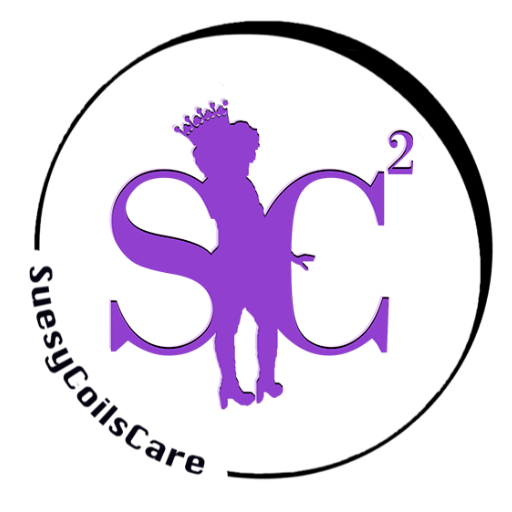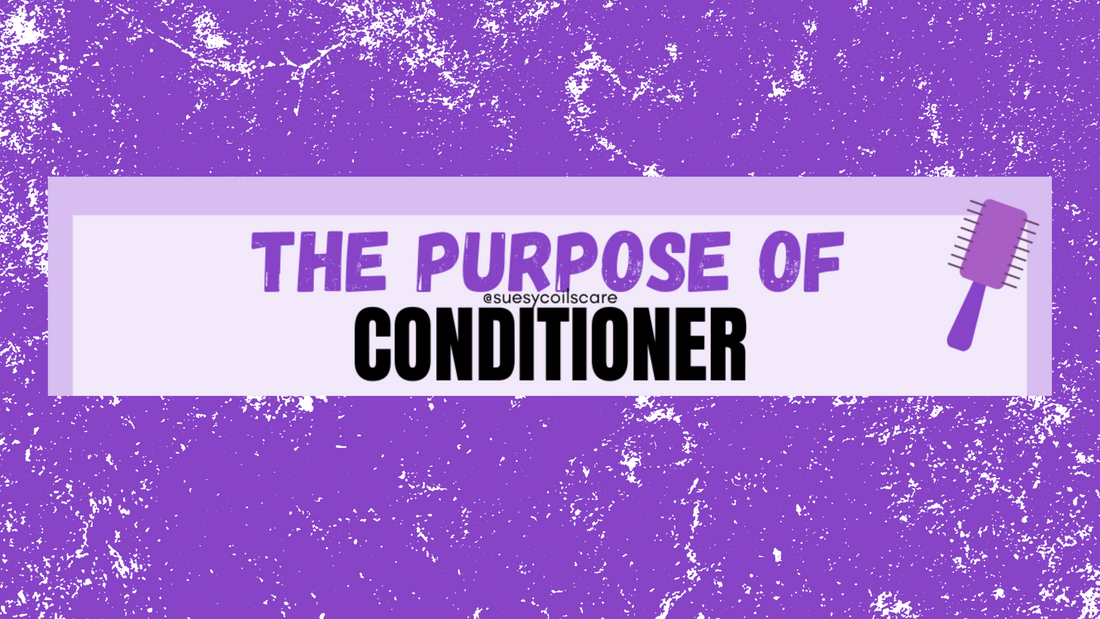
Not many people know why we condition our hair. It’s just something we’ve always known we should do. I think if we took the time to understand the purpose of conditioner it would be easier to understand how important it is to 1) do it and 2) do it correctly.
So what’s the purpose of a conditioner?
Conditioner’s main purpose is to moisturize, strengthen, and protect your hair strands from breakage.
If I were to do a survey asking anyone within the hair community, what their issues are with their hair and what their hair goals are, I bet 90% of them will say they struggle with dryness and want to grow their hair longer.
What if I told you conditioner is where you start to combat dryness and retain length?
Well, that’s true, but you have to make sure you’re doing it correctly.
When conditioning, it’s important to focus the conditioner on your HAIR STRANDS and not your scalp. Again, NOT your scalp.
Why is it important to focus on your hair strands?
1.) Applying conditioner to your scalp can clog your hair follicles
If you’re at the conditioning step, that means you’ve already cleaned and clarified your scalp when you shampooed.
Putting conditioner on your scalp literally undoes the cleaning and clarifying process because now you’ve clogged your hair follicles back up. Clogged hair follicles stunt hair growth and lead to bacterial and fungal infections on the scalp.
2.) Your hair strands get the attention they deserve
Your hair grows but the reason it breaks off is because of dryness. Focusing conditioner on your strands ensures that the hair is soaking in all the intended benefits of your conditioner.
3.) It’s a protective coating
Depending on your hair’s porosity, you’ll need a conditioner that coats, protects, and possibly repairs your cuticles. Those cuticles are on your hair strands.
With that being said, conditioner should be focused on your hair stands because its purpose is to moisturize and protect the strands from breakage and help retain length.
That's why it’s important to know what type of conditioner you need.
Do you need a leave-in, one with protein, one that’s water-based, or a traditional one?
Just like shampoo, conditioners have different purposes and they can really make or break your hair.
Knowing your hair and scalp plays the most important role in creating your regimen and this is why you should always tailor it to your own personal needs and not to those of the internet.
So when choosing a conditioner and incorporating it into your regimen think about what your hair is telling you.


2 comments
What jell can you use to mold down hair for twist if you want to where twist out later.
Hello, thank you for reading my comment, how can tell my type of hair?